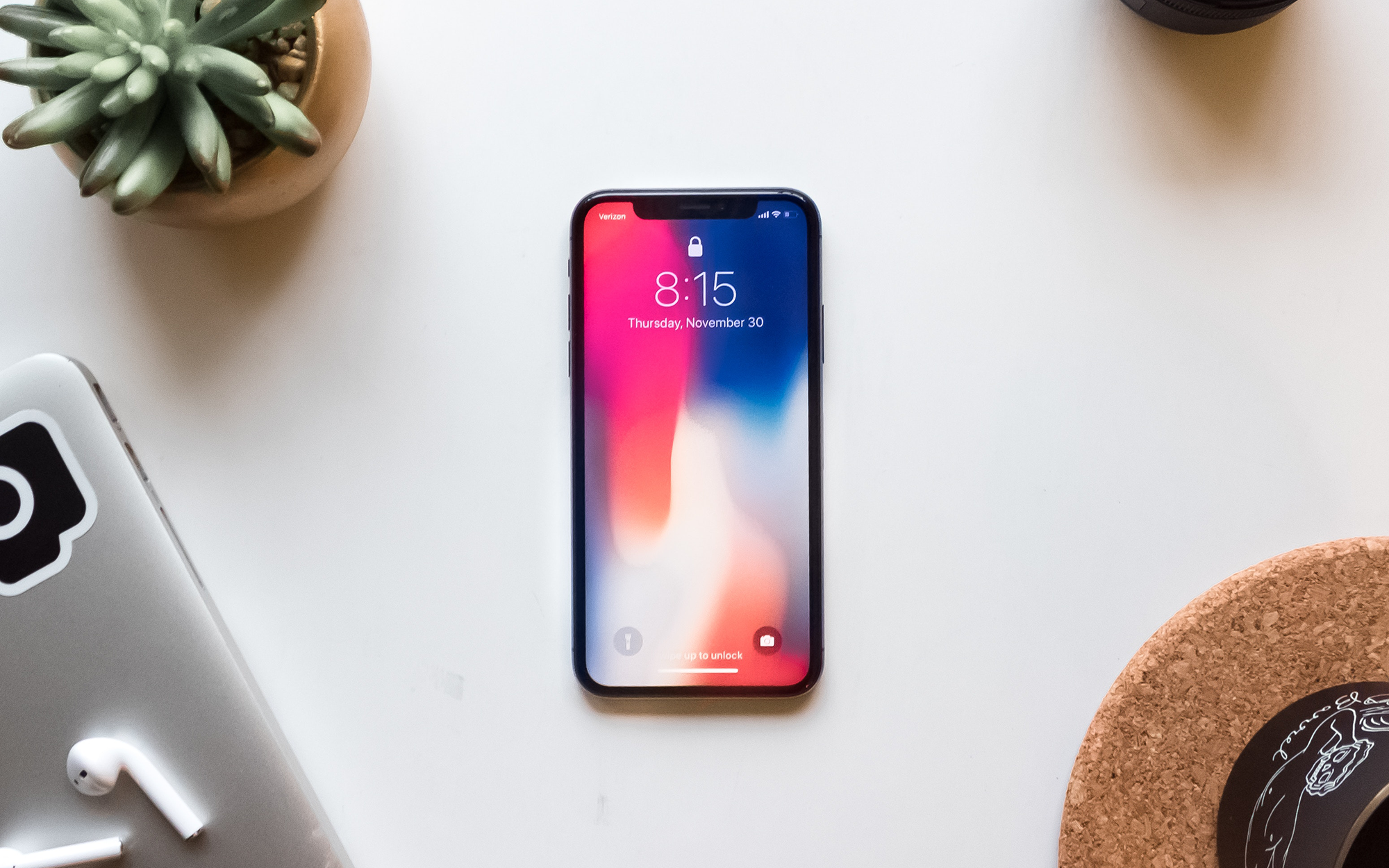This month in the world of app commerce – June 2019

This month we’re talking buzzwords and mobile domination. Think super apps, BOPIS, visual search and the mysterious Gen Alpha (we’ll cover what exactly that means). We’re covering what role these ideas play in the wider shopping app (app commerce) landscape.
Mobile domination
It’s been a big month for mobile. Latest eMarketer research forecasts the daily time spent on mobile to grow to 3 hours 43 minutes this year, overtaking the time spent watching TV! They estimate that 70% of the time spent on mobile will be on smartphones, equivalent to 2 hours 33 minutes each day. Similarly, Zenith’s latest research predicts average mobile internet usage grow by 16% to 930 hours a year by 2021.
The retail apocalypse continues to cast a tall shadow on the high streets and shopping malls across the globe. However, the latest insight from Forbes, suggests rather than an apocalypse, retail stores are going through an evolution in an ‘adapt or die’ philosophy. This ‘retail renaissance’ will see the extinction of some stores meanwhile, others may barely feel the impact of the fast growth of ecommerce and in fact, embrace it.
In fact, online looks to be the fastest growing channel for grocery, a typical shopping store-based shopping experience, and with newcomers like Amazon and Hello Fresh on the scene, traditional supermarkets will have to adapt to survive and thrive.
Retailers with shopping app game:
This month retailers from across the globe are embracing the latest technologies to drive their omnichannel and app experiences. Here’s a summary of what we love, that retailers are doing:
- IKEA: The ready-to-assemble furniture retailer is planning to combine their current apps and enable checkout within their app.
- Amazon: Introduced visual search to their app called ‘StyleSnap’
- Nordstrom: Follows the likes of Belk by tying together their online and physical stores with the introduction of BOPIS (Buy Online Pick-up In Store)
- ASOS: Launched a virtual catwalk on their iOS apps, enabling users to use Augmented Reality (AR) to see models wearing its’ products in their own environment.
Our Head of Sales, Andy Whyte, tried it out in the Poq office:
We regularly talk about how retailers should take inspiration from the apps we all use day-in and day-out to meet user expectations of apps (check out our CEO, Oyvind expand on this in his presentation at #AppCommerce 2019). However, this month we see streaming giant, Netflix, take a leap out of social and app commerce’s book, and introduce stories to their app.
Stories are a popular way to present visual content, with video, and images in a snackable format, gaining popularity on social media and quickly being adopted by retailers on the Poq platform. We’re excited to see the success and validation for stories as a way to service users with content and how it aligns with recent movements towards content driven marketing.
We know about Millennials and Gen Z, but what about Gen Alpha?
We know that Gen Z are ‘digital natives’, spending as much as 5 hours per day on smartphones and their shopping behaviours look to set the trend and drive the tech used in shopping as we know it. Gen Z strive for deeper interactions with content, personalised experiences and 38% claim to feel stressed when they can’t access the internet. But this raises the question, what about the next generation of shoppers? What will the kids as old as the iPad expect from shopping experiences?
Defined as children born from 2010 onwards, Gen Alpha, are set to be a massive force on retail. According to Beano Studios, Gen Alpha are described as having a proggressive and compassionate outlook. Numbers of these ‘new kids on the block’ are set to peak in 2025 where there will be an estimated 2 billion.
‘Gen Alpha is the generation that will seek to bend the digital world to their needs and ambitions and not be defined or consumed by it’
Emma Scott, CEO, Beano Studios. Source: Mobile Marketer
Watch this space | Super apps
‘Super apps’ are the Jack-of-all-trades app phenomenon that have taken China by storm and quickly gaining momentum in South East Asia. These one-stop-shops for socialising, messaging and shopping include the likes of WeChat and the Meituan Dianping app. In the infamous Mary Meeker’s report, she identified ‘super apps’ having a growing influence in globally on the likes of Uber, where you can now order more than just a taxi, including food and ebikes. We can expect to see apps continue to diversify and we may even see a true ‘super app’ emerge in outside of Asia in the near future. As the demand for ‘super apps’ grows, we denote this a space to watch.
Tech update
A quick note on the hardware driving app commerce:
- The Samsung Galaxy fold hasn’t got a new launch date yet but it is ‘ready to hit the market’ according to Samsung’s President of Display, Kim Seong-Cheol.
- Google halts production of mobile tablets, after claims that it’s quality assurance testing didn’t meet Google’s standards. This decision comes after the company struggled to penetrate the tablet market which is largely dominated by Apple and Samsung. With the addition that smartphone manufacturers have started to produce smartphones with bigger screens, it’s arguable that the decline in popularity of tablets may have contributed to Google’s decision to drop production altogether.
Reported by Samantha Rigg


